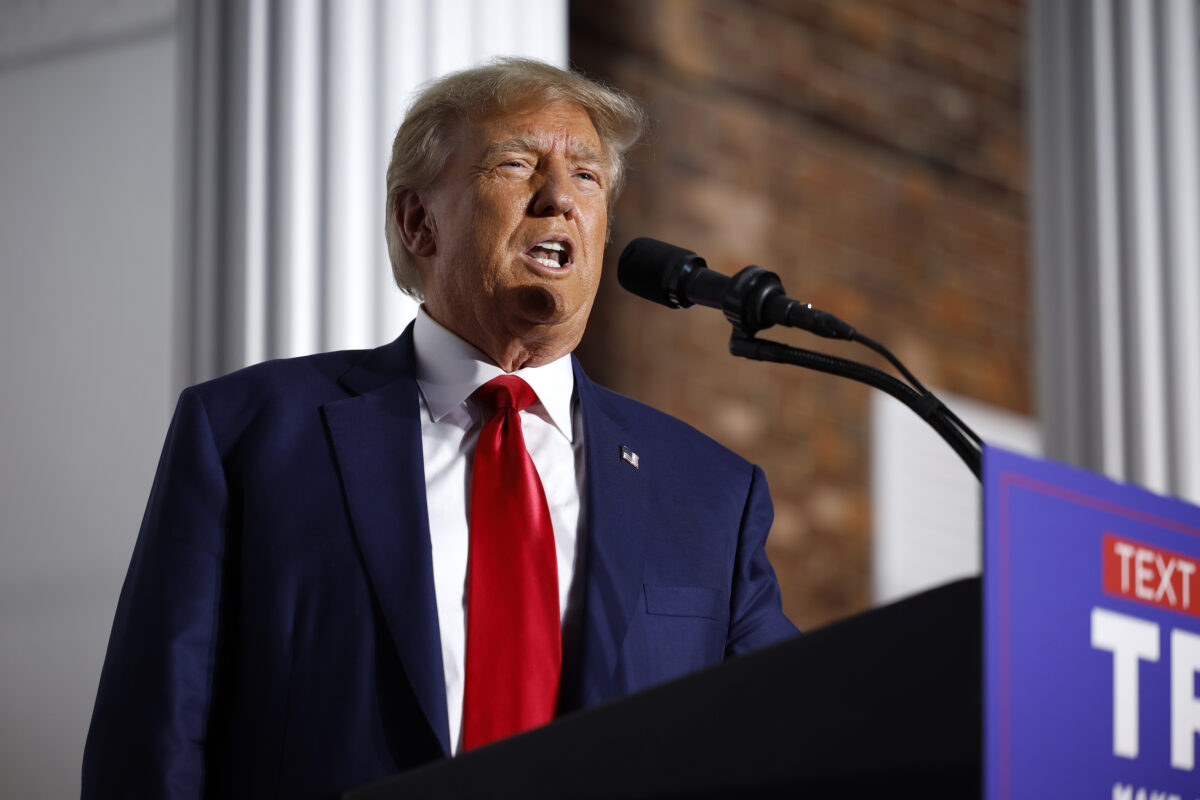Legal experts predict that the DOJ’s case against Trump will not be quick.
Trump’s Trial: Will It Be Speedy?
Former President Donald Trump was arraigned on Tuesday and prosecutors promised a “speedy trial.” However, some analysts have said that it’s likely not going to be the case.
“The reality is the Trump team will be controlling much of the timing of the litigation.”
Complex Espionage Act Cases
Special counsel Jack Smith indicted Trump with over three dozen charges in connection to whether he allegedly mishandled classified records. Smith, in a statement last week, said that he will opt to have a “speedy trial” for Trump, but former prosecutors have said that such cases are usually drawn-out.
Espionage Act cases like Trump’s are especially complex because some of the key evidence presented during a public trial is classified. As such, prosecutors need to balance two seemingly competing forces: The need to protect the nation’s closely held secrets while still ensuring that Trump is afforded due process by having access to the evidence to help him prepare a defense.
Lengthy Evidence-Sharing Process
“In every case that I had involving classified information, we never had a speedy trial,” said Stephanie Siegmann, a former chief of the national security unit of the U.S. Attorney’s Office in Boston. Siegmann said that the evidence-sharing process with Trump’s defense team could take about a year.
“This case will be designated complex because it involves classified information,” Siegmann, now a partner with the law firm Hinkley Allen, told the outlet.
Legal Battles Behind the Scenes
Deciding how classified evidence is shared, both to the defense team and to the jury, can get contentious and may lead to legal battles that will play out largely behind the scenes under seal. At times, some of those hearings by law must be conducted ex-parte, meaning Trump’s own lawyers cannot be present.
Moreover, in Espionage Act cases, decisions on pre-trial motions related to classified evidence can be appealed—an extra step that is not usually allowed in most routine criminal cases. If, for example, prosecutors seek to shield records that reveal battle plans or nuclear weapons secrets, Trump’s team could agree it should be protected, or they could fight to make it public.

Contesting the Protection of Information
“Some defense teams would agree that that information has to be protected,” said David Aaron, a veteran former Justice Department prosecutor now with Perkins Coie, a law firm that was retained by Hillary Clinton’s 2016 campaign and was accused of paying a third-party to come up with a now-discredited dossier targeting Trump.
“But a defense team has every right to contest the idea of even protecting that at trial … they could go ahead and challenge even the most sensitive information.”
" Conservative News Daily does not always share or support the views and opinions expressed here; they are just those of the writer."





Now loading...